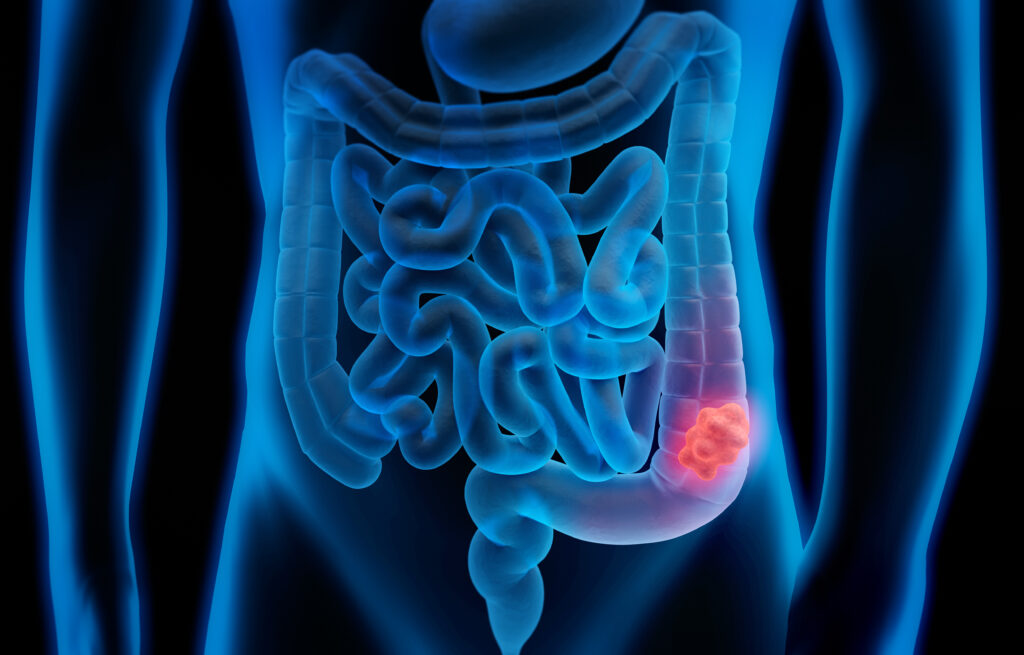
What to Expect: Colonoscopy 101
Today, colonoscopies are recommended for all adults 45 and over to screen for colorectal cancer.
Studies everywhere have proven that getting regularly screened for colorectal cancer (the 2nd deadliest cancer in the country) is the number one way to prevent a diagnosis. That’s because, when found early, colorectal cancer is the one of the easiest cancers to treat and prevent.
As of 2022, the CDC and U.S. Preventative Services Task Force recommend that all adults 45 and older get screened for colorectal cancer.
What is a colonoscopy?
A colonoscopy is a simple, yet necessary procedure that allows your gastroenterology provider to get a close look inside both the large intestine and the rectum. During the procedure, your doctor is not only able to find a polyp that might be cancerous or precancerous, but they also have the ability to remove a majority of suspicious polyps without a follow up operation required of the patient.
Why should I get a colonoscopy?
A colonoscopy is the gold standard for prevention and treatment of colorectal cancer. That makes getting a colonoscopy necessary for all adults over 45, even if they’re showing no symptoms. In fact, the main goal of a colonoscopy is to find stage 0 or stage 1 cancer polyps that may be present, before they begin to grow and become dangerous.
However, getting a colonoscopy has other uses as well. For some patients, colonoscopies give our providers the ability to explore causes of abnormal pain or bleeding that may accompany other internal digestive problems. This can help determine the cause of other common gastroenterological symptoms including unexplained weight loss, chronic diarrhea, IBS, and more.
What happens during a colonoscopy?
Your colonoscopy will take anywhere from 15-20 minutes.
After completing a bowel preparation at home, you will be given a hospital gown and an IV will be placed. IV sedation will be administered by an anesthesia provider so that you will be comfortable during the procedure. You will be carefully monitored during the procedure by your endoscopy team.
Once you are properly sedated, an instrument called a colonoscope will be inserted into the colon and will be carefully advanced so that the entire large intestine is viewed. At times, a small portion of the small intestine is viewed as well. If abnormalities are identified, tissue samples can be obtained and lesions such as polyps removed.
The entire procedure is done by combining the knowledge and expertise of our GI specialists with the latest, most powerful AI-enabled colon cancer screening technology available. With this technology, we are able to screen patients with a 99.7% sensitivity rate, allowing us to elevate detection rate accuracy and ultimately, save more lives.
After the examination is completed, you will be closely observed in our recovery area until you are awake. Your provider will discuss with you what was found during the study and arrange any necessary follow-up. Discharge instructions will describe what post-procedure routine you should follow.
If any tissue was removed during the examination, you will receive notification by mail of the results. This typically occurs within 2 weeks of the procedure.
For more details on what happens before and after a colonoscopy, please follow the link below.
Why should I get screened at US Digestive Health?
Here at USDH, part of our core mission is to help save more lives from the 2nd most deadly cancer in the nation. One of the ways we do that is by providing The Platinum Standard® in colonoscopy using the most powerful AI-enabled screening technology available. By equipping our team of experienced providers with this cutting-edge technology, we are able to enhance and improve our rate of cancer detection to nearly a 99.7% sensitivity rate. This, in turn, gives us the unique ability to diagnose and treat colorectal cancer with unsurpassed accuracy.





